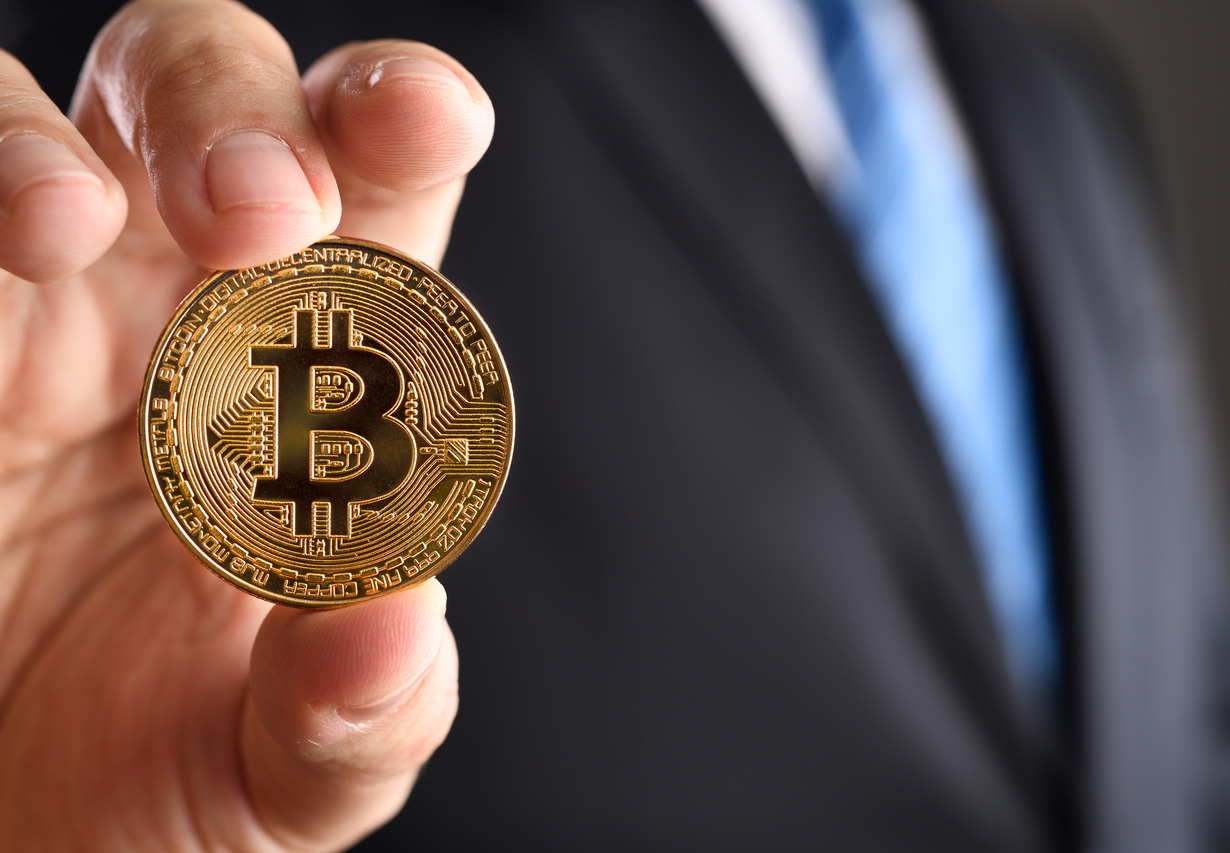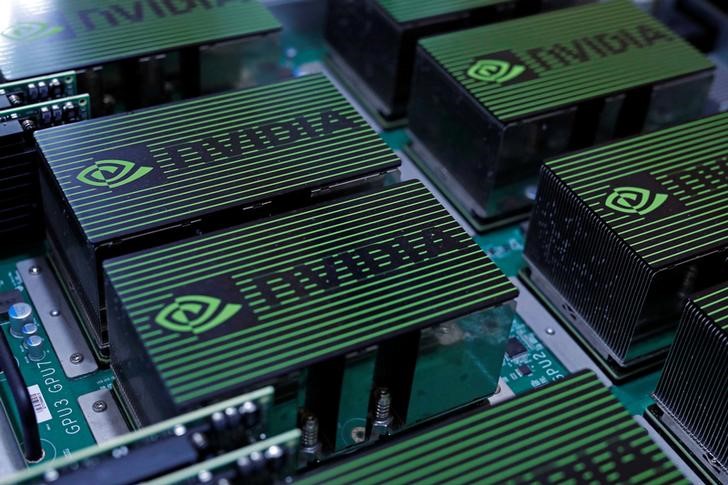According to some commentators, the US banking crises is over, or at least can be easily managed by the Federal Reserve System. In addition, the Fed chairman has vouched for the health of the US banking sector.
However, the banking crisis is likely in its early stages. What has started as the collapse of regional banks is likely to spread to national banks. The key reason for that is the decline in the pool of savings and continuation of fractional reserve lending in which banks are legally permitted to use money placed with them in demand deposits in lending activities. Banks treat deposits as though they were loaned to them.
Although permitted by law, from an economic point of view, this results in money creation leading to consumption not supported by production, diluting the pool of wealth. According to Mises:
It is usual to reckon the acceptance of a deposit which can be drawn upon at any time by means of notes or checks as a type of credit transaction and juristically this view is, of course, justified; but economically, the case is not one of a credit transaction. … A depositor of a sum of money who acquires in exchange for it a claim convertible into money at any time which will perform exactly the same service for him as the sum it refers to, has exchanged no present good for a future good. The claim that he has acquired by his deposit is also a present good for him. The depositing of money in no way means that he has renounced immediate disposal over the utility that it commands.
Similarly, Rothbard argued:
In this sense, a demand deposit, while legally designated as credit, is actually a present good — a warehouse claim to a present good that is similar to a bailment transaction, in which the warehouse pledges to redeem the ticket at any time on demand.
Why a free unhampered market will curtail fractional-reserve lending
In a truly free market economy, the likelihood that banks will practice fractional-reserve lending is low. If a particular bank tries to practice fractional-reserve lending it will run the risk of not being able to honor its checks.
The fact that banks must clear their checks is a sufficient deterrent for the practice of fractional-reserve lending. Furthermore, the likelihood of discovering fractional-reserve lending increases when banking is competitive.
As the number of banks rises and the number of clients per bank declines, the chances that clients will spend money from individuals banking with other banks increases. This increases the risk of the bank not being able to honor its checks once it begins fractional-reserve lending.
Conversely, as the number of competitive banks diminishes, the likelihood of discovering fractional reserve banking decreases. In the extreme case of only one bank, it can practice fractional-reserve lending without any fear of discovery. In a free market, the threat of bankruptcy is likely to prevent banks from lending money that is taken from demand deposits without the depositor’s consent.
Central banks encourage fractional-reserve banking, however. Through monetary injections, the central bank prevents bankruptcy of banks that lend depositors money without their consent, resulting in lending out of thin air, leading to an exchange of nothing for something. Please note that savings do not back the loans generated through the fractional reserve lending. Obviously, this type of lending undermines the wealth generation process, and the weakening of wealth production diminishes the borrowers’ ability to repay the loan.
Credit out of thin air causes the disappearance of money
When loaned money is fully backed by savings, it is returned to the original lender. Bob – the borrower of $10 – will pay back on the maturity date the borrowed sum plus interest to the bank. The bank in turn will pass to Joe the lender his $10 plus interest adjusted for bank fees. The money makes a full circle and goes back to the original lender, as the bank is just a mediator, not a lender.
In contrast, when credit originates out of thin air and is returned on the maturity date to the bank, this leads to a withdrawal of money from the economy, a decline in the money stock.
Because we never had a saver/lender, this credit emerges from nothing.
Credit out of thin air sets platform for non-productive activities
If banks expand credit out of thin air, non-productive activities expand. Once the continuous generation of credit lifts the pace of wealth consumption above the rate of wealth production, the positive flow of savings reverses and a decline in savings follows. Consequently, many loans become bad. In response, banks curtail lending and a decline in the money stock begins, as loans generated out of thin air go bad or are repaid with no new lending afterward.
When savings decline, a recession looms. Most mainstream economists a severe economic slump occurs because of a decrease in the money supply, a view that both Monetarists and Keynesians hold.
Economic downturns are not caused by a collapse in the money stock but are a response to the shrinking pool of savings brought on by easy monetary policy. The shrinking pool of savings leads to the decline in the credit out of thin air, which then causes the money stock to fall. Even if the central bank were to successfully prevent the decrease of the money stock, this cannot prevent a downturn if the pool of savings also is declining.
Current banking crisis is in response to the previous loose monetary policies
The present framework of fractional reserve lending and central banking creates instability in the banking system. It is not possible to stabilize the current banking system outside of creating a true free market in banking. Instead, the ever-expanding monetary pumping by the Fed makes things worse. It cannot prevent a decline in the money supply if savings are declining.
The Fed’s attempts to counter this decline leads to extremely loose monetary policy, further inflicting more damage to the process of wealth generation. If the process of creating “helicopter money” continues, it can destroy the present monetary system.
Conclusions
Banks really are facilitators of the lending of savings. They enable the flow of savings by introducing the suppliers of savings to the demanders. By fulfilling the role of the intermediary, banks are an important factor in the process of wealth formation.
However, once banks begin to lend by replacing the genuine lenders and savers, they create the menace of the boom-bust cycle and economic impoverishment. It is impossible to increase genuine credit without the corresponding increase in savings.














